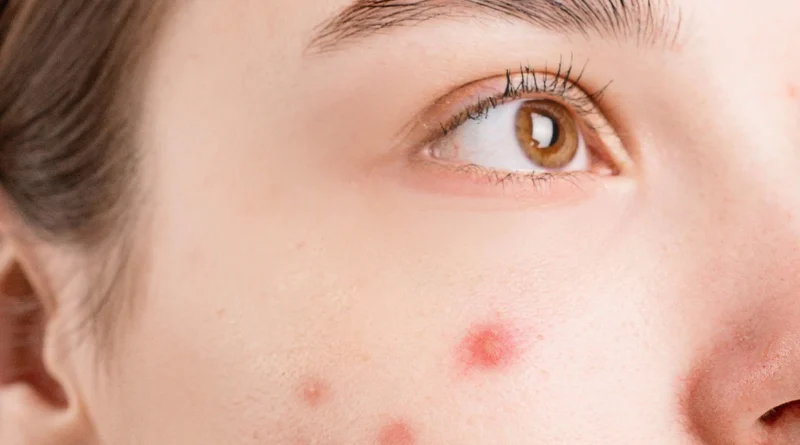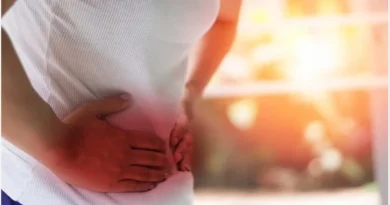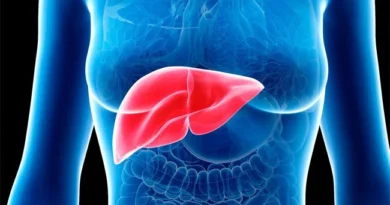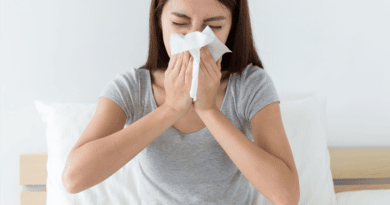Boils – Symptoms, Causes and Treatment
The boils, known as furuncle in medical parlance, are tender swellings in the skin surrounded by large red areas. They are infections of the sweat glands or hair follicles of the skin. They commonly occur during summer season.
Symptoms
Boils can occur anywhere on the body, but they appear most often on the face, eyelids, back of the neck, upper back and buttocks. They specially favour places where clothing rubs such as the area on the collar line. Boils occurring round the eyes and nose are especially serious because their poisons can spread to the brain.

At first, a painful red nodule appears on the skin. This grows bigger and then breaks down in the middle for the pus to collect and looks yellow under the skin. It creates a great deal of irritation and itching. There may be a single boil, or several may develop in the same area or different areas at or about the same time, or they may come in successive crops. The swellings may not be limited to one hair follicle but may extend to many follicles. There may therefore be many openings when the boils ripen and discharge. Fever may sometimes accompany the boils.
Causes
Boils are mainly caused by stapphylococcus germs which enter the sweat glands or hair follicles. They can be transmitted from one person to another and in fact, some live harmlessly on the skin all the time and in infected areas like cuts or pimples. The essential cause of this disorder is thus bacterial. However, several factors predispose to the growth of bacteria in hair follicle. Of these, the chief factor is a toxic condition of the blood stream due to faulty diet and wrong style of living. Boils generally appear when a person is in a run-down and devitalised condition.
Treatment
A thorough cleansing of the system is essential to the treatment of boils. To begin with, the patient should be placed on an exclusive diet of fresh juicy fruits for two or three days.

After the all-fruit diet, the patient may be allowed to adopt a well-balanced diet. The emphasis should be on whole grain cereals, raw vegetables and fresh fruits. Further periods on an all-fruit diet may be necessary, depending on the general health-level and bodily condition of the patient. In case constipation is habitual, all possible measures should be adopted to overcome it.
The patient should avoid tea, coffee, starchy and sugary foods especially cakes, pasteries, sweets, chocolates, white sugar and white bread. He should also avoid all condiments, pickles and sauces.
Garlic and Onion
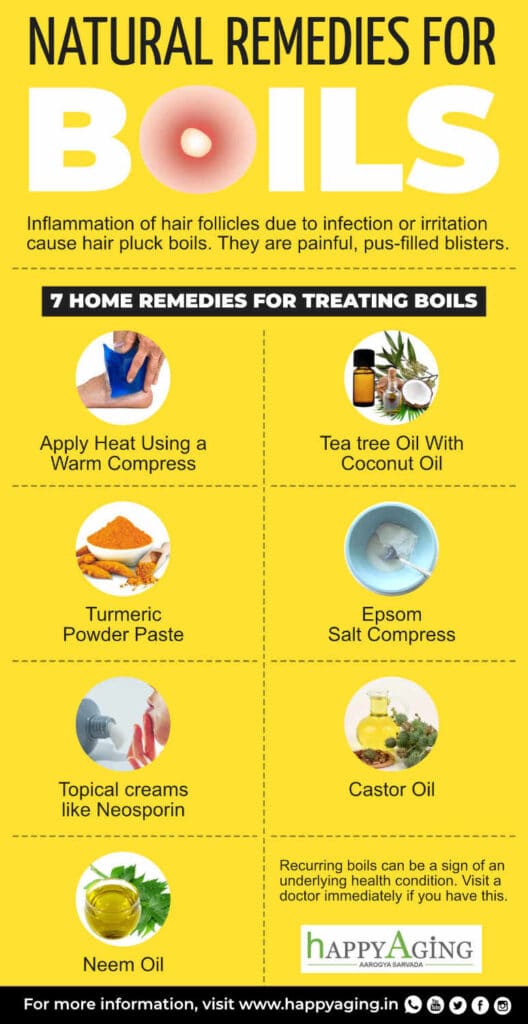
The use of garlic and onion has proved most effective among the several home remedies found beneficial in the treatment of boils. The juice of garlic or onion may be applied externally on the boils to help ripen them and also to break them and evacuate the pus. Equal quantity of the juices of these two vegetables can also be applied with beneficial results.
Bitter Gourd
Bitter Gourd (karela) is another effective home remedy for boils. A cupful of fresh juice of these vegetable, mixed with a teaspoon of lime juice, should be taken, sip by sip, on an empty stomach daily for few days in treating this condition.
Betal Leaves
Betal leaves (pan-ka-patta) are a valuable remedy for boils. A leaf is gently warmed till it gets softened. It is then coated with a layer of castor oil. The oiled leaf should be spread over the inflammed part. It should be replaced every few hours. After a few application, the boil will rupture, draining all the purulent matter. The application can be made at night and removed in the morning.
Cumin Seeds
Cumin seeds (jeera) are beneficial in the treatment of boils. The seeds of black cumin should be ground in water and made into a paste. This paste can be applied to boils with beneficial results.
Turmeric
An application or turmeric (haldi) powder to boils speeds up the healing process. In case of fresh boils, a few dry roots of turmeric are roasted and the ash is dissolved in a cupful of water and applied over the affected portion. This solution enables the boils to ripen and burst.
Warm moist compresses should be applied three or more times a day over the tender area. This will help to bring the boil to a head and encourage easy drainage. Other helpful measures in the treatment of boils are daily dry friction in the morning, cold sponge, physical and breathing exercises. Fresh air and outdoor exercises are also essential for toning up the system.

